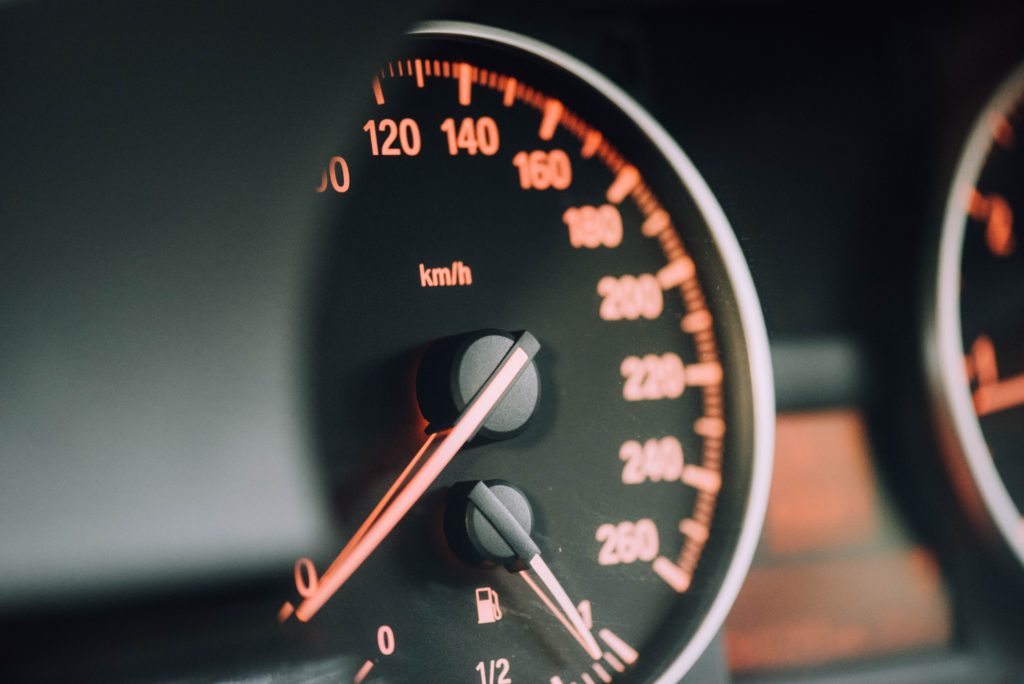Selling a car can seem stressful, even when you are in possession of all the paperwork that goes with it. However, when you have misplaced or lost your car’s title—or if you inherited, were given, or purchased a car without a title—the prospect of selling a car can become much more daunting. Can you sell your car if you don’t have the title?
Can You Sell Without a Title?
Simply put—it is illegal in most states and under most circumstances to sell a car without a title. A car’s title indicates proof of ownership and is necessary to validate the transaction, register with the DMV, and eventually sell the vehicle. Selling a car without a title puts the buyer at risk for the titled owner to claim the vehicle at any point in the future. Further, if the buyer wants to register the vehicle with the DMV, they will not be able to prove they own the car.
Thankfully, if you’ve lost or misplaced a title in your name, it is still possible to sell your car—you can acquire another copy of the title with a simple application at the DMV. You’ll need to supply an original copy of the lien that was put on your vehicle upon purchase. The lien is the loan, payment, or authorization of the official transaction that occurred when you purchased the car.
What If I Purchased Without a Title?
If, for some reason, you purchased the car without a title, you’ll need to contact the person who sold it to you and ask them to apply for a new title. The seller will need to go through the vehicle title transfer process with you. In some states, if your car is an older vehicle (a certain age or manufactured in a certain year) you may not have needed a title at the time of purchase. However, if you’re looking to sell the car, there is a chance that you will.

Unilaterally, you should never plan to purchase a running, non-antique vehicle that doesn’t have a title associated with it. Vehicles can be traced by their vehicle identification number, meaning that any illicit activity associated with that vehicle can be connected with the titled owner. Thus, the seller could be implicated in any acts the buyer commits with the vehicle while it is in their possession. A buyer will not be able to register the vehicle without this proof of ownership.
If the vehicle was abandoned or the titled owner is otherwise unknown, you can search for the VIN—usually found near the bottom of the driver’s side of the windshield, or on the interior of the driver’s side door frame. Your DMV can help you search for the original owner to request a title and title transfer or begin the process to secure a title or salvage title in your name. States differ regarding how they handle abandoned vehicles, so be sure to check with your local DMV.
What If I Can’t Find the Vehicle’s Titled Owner?
If you are unable to locate information for the titled owner, you can apply for a bonded title. To do so, you must prove you have made attempts to locate the titled owner with certified communications and have the car appraised to determine the value of the car as well as the amount of the bond. Then, you’ll need to supply any proof you have that you own the vehicle, including a bill of sale, prior registration, tax documents, and the like. Finally, you’ll need to pay a fee to secure the bond as well as potential taxes and other fees from the state.
A title bond certifies that the previously titled owner of the vehicle has no interest in the car in question. However, if an owner can prove they still own the vehicle, the bond allows them to secure both the vehicle and a financial payment from you. Barring those circumstances, you can sell the vehicle with a bonded title so long as you disclose the bond to the buyer. The buyer then assumes responsibility for the bond until the car has been declared free and clear—usually within three to five years.
Selling With a Car Loan or Lease
Selling a car with an active loan is relatively easy. The primary difference is that the lender will act as the point of sale, not you. This is because the title is either partially in the lender’s name or the lender is holding the title to prevent you from selling the vehicle privately after securing the loan. As a result, any sales transaction is processed for the benefit of the lender first, then your own.
If you sell your vehicle and the sale price is more than your loan, the lender will give you the difference. Subsequently, you will be responsible for paying the difference if the sale price was less than the amount of your loan. To determine the difference, you’ll need to determine the equity of your vehicle. You can do this by beginning with the payoff amount you owe your lender and subtracting the market value of your vehicle. The Kelly Blue Book is the standard catalog for determining the fair market value of your vehicle.
For example, if your loan payoff amount is $10,000 and you subtract a vehicle sale price of $9,000, you’ve calculated the equity of your car. In this case, the equity is negative, meaning that you are upside down on your loan and will have to pay the difference to the lender after the sale. By contrast, a sale price at a fair market value of $11,000 would mean that the lender owes you the positive difference of $1,000 after the transaction.
Leased vehicles are much the same, but you may not be able to sell the vehicle privately right away. Instead, in some cases, you’ll need to have the buyer send a check for the buyout amount to the lender. They will then release the title to you, and you can relinquish interest in the vehicle and transfer it to the buyer. Alternatively, you can pay the buyout amount yourself, and sell it once you have the title. Before doing so, be sure to weigh the potential sales offer against the remaining buyout amount to determine your equity.
Sell Your Titled Car Stress-Free
Once you have a title in hand, you’re ready to sell. At this point, it’s wise to consider using a service like CarVIO. Regardless of the condition of your car, CarVIO only requires you to submit your vehicle’s information in order to receive a hassle-free offer. For more information about how CarVIO can streamline the car-selling process for you, browse our FAQs or call (760) 493-7781 to find a location near you.



















